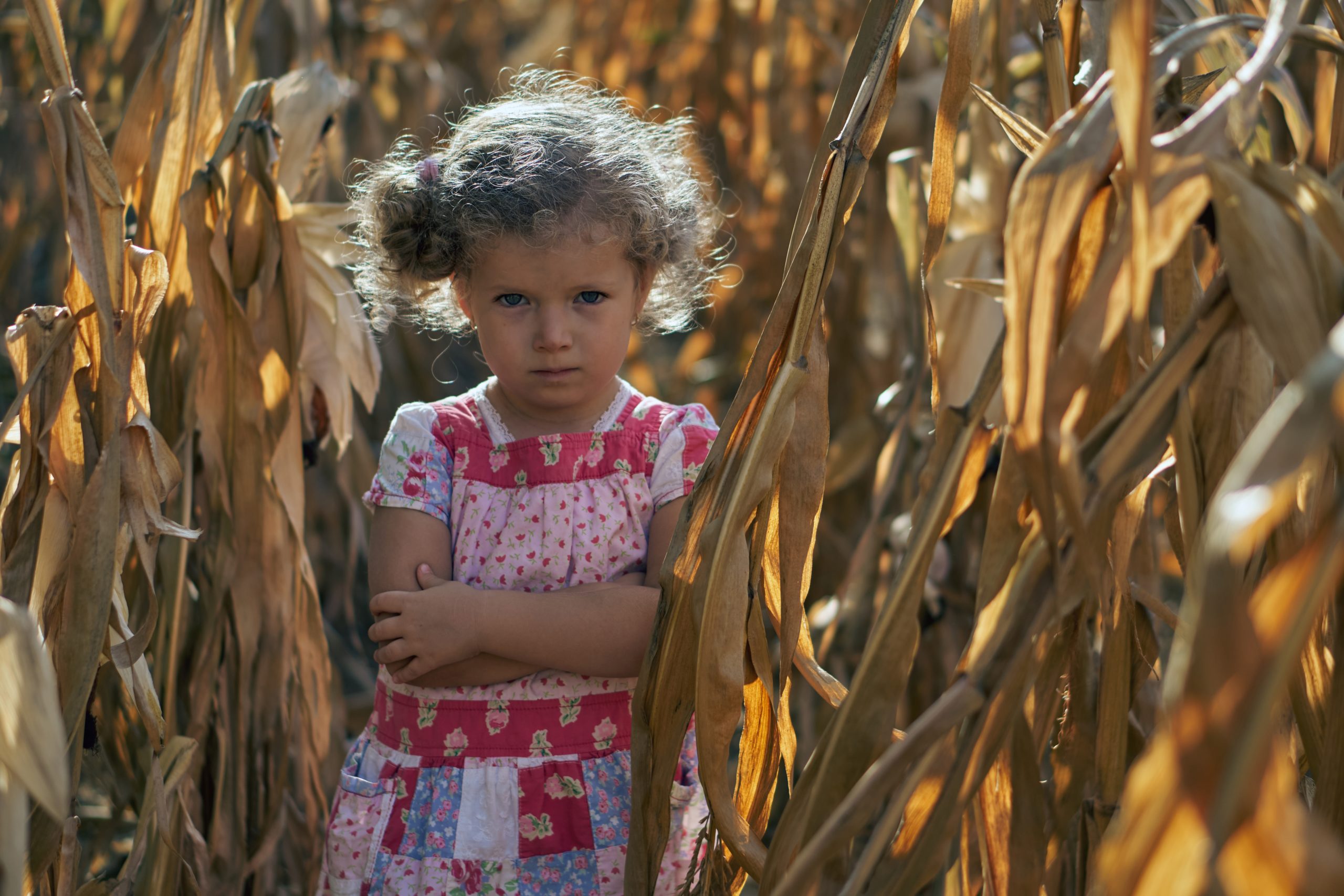

OPPOSITIONAL & DEFIANT BEHAVIOR
What is developmentally normal oppositional behavior vs. more concerning behavior?
All children are oppositional from time to time, particularly when tired, hungry, stressed, or upset. They may argue, talk back, disobey, and defy parents, teachers, and other adults.
Oppositional behavior is a normal part of development for two to three year olds and early adolescents. That’s where the names “Terrible Two’s” and “Three-nager” come from.
However, openly uncooperative and hostile behavior becomes a serious concern when it is so frequent and consistent that it stands out when compared with other children of the same age and developmental level and when it affects the child’s social, family, and academic life.
What is Oppositional Defiant Disorder?
With Oppositional Defiant Disorder (ODD), there is an ongoing pattern of uncooperative, defiant, and hostile behavior toward authority figures that seriously interferes with the child’s day to day functioning.
The symptoms of ODD may include angry and irritable mood (Often and easily loses temper, easily annoyed, angry or resentful), argumentative and defiant behavior (argues with adults, defies or refuses to comply with requests, deliberately annoys people), and vindictiveness (spiteful or vindictive behavior).
These symptoms should last at least 6 months and are usually seen in multiple settings, but may be more noticeable at home or at school.
What causes Oppositional Defiant Disorder?
Oppositional Defiant Disorder (ODD) is thought to be caused by a combination of biological, psychological, and social factors.
ODD tends to occur in families with a history of Attention Deficit Hyperactivity Disorder (ADHD), substance use disorders, or mood disorders such as depression or bipolar disorder. Brain imaging studies have also suggested that children with ODD may have subtle differences in the part of the brain responsible for reasoning, judgment and impulse control.
Psychological studies have also demonstrated that children who display aggressive behavior have trouble accurately identifying and interpreting social cues from peers. Specifically, aggressive children tend to see hostile intent in neutral situations. They also generate fewer solutions to problems and expect to be rewarded for their aggressive responses.
Lack of structure or parental supervision, inconsistent discipline practices, and exposure to abuse or community violence have also been identified as factors which may contribute to the development of ODD.
How do you diagnose and treat ODD?
A child presenting with ODD symptoms should have a comprehensive psychological evaluation. It is important to look for other disorders which may be present, such as attention-deficit hyperactivity disorder (ADHD), learning disabilities, mood disorders (depression, bipolar disorder), and anxiety disorders.
It may be difficult to improve the symptoms of ODD without treating the coexisting disorder. Some children with ODD may go on to develop conduct disorder.
Treatment of ODD may include:
- Behavioral Parent Training/Parent Management Training to help parents and others manage the child’s behavior
- Individual Psychotherapy to develop more effective anger management
- Family Psychotherapy to improve communication and mutual understanding
- Social skills training and problem-solving skills training
If you have a child that you think may benefit from any of the above-mentioned treatments, please call (470) 610-0414 to speak with one of our providers and determine which treatment option may be the best fit for them.

